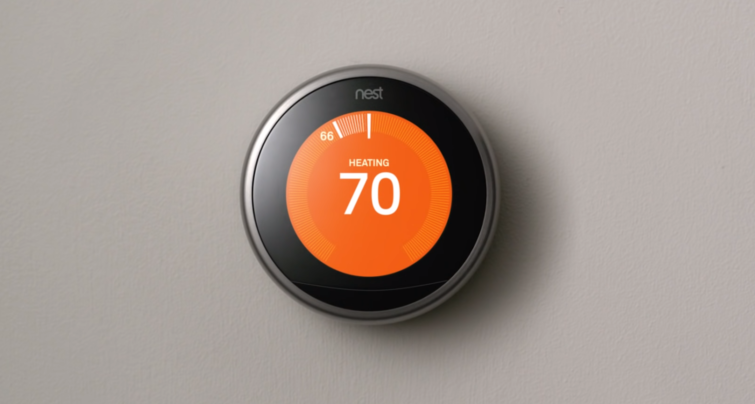
Google’s “Nest” smart home division has seen major upheaval this year, and according to a report from Bloomberg, the changes aren’t sitting well with residential builders that formerly integrated Nest projects into their construction projects.
This year, we finally started seeing results from Nest’s 2018 demotion from a standalone Alphabet company to a merger with Google. “Nest” is no longer a line of products developed by a company or division and now seems to be a general-purpose sub-brand for any of Google’s smart home devices. We’ve seen several existing product lines be rebranded from “Google” to “Google Nest” like the Google Nest Mini (formerly the Google Home Mini), the Google Nest Hub (formerly the Google Home Hub), the Nest Wifi (formerly Google Wifi), and the Google Nest Learning Thermostat (formerly the Nest Learning Thermostat).
In addition to the death of Nest the company, we’re also seeing the death of the Nest ecosystem. The “Works with Nest” smart home program is being shut down in favor of Google Assistant compatibility, and that means devices that used to communicate with Nest now work differently or not at all. Nest’s account system is also being shut down, and in the future, users will need a Google account.
Bloomberg’s report says that residential builders, who “collectively purchase tens of thousands of Nest devices each year” have started avoiding Nest products due to Google’s changes. The report quotes Mark Zikra, vice president of technology at CA Ventures, as saying, “We’ve stopped. In an apartment complex we’re talking about 200, 300 devices that would be installed in one swoop and then all of a sudden everyone moves in.”
Another house electronics installer, David Berman, told Bloomberg, “We were more or less forced into the switch. When people buy a connected device, they expect it to connect. That’s not something that happens with Nest anymore.”
Any time a tech giant takes a walled-garden approach to a device, it makes it harder for customers outside that ecosystem to adopt that product. This is particularly a tough approach for smart home gadgets due to the breath of smart home devices out there. No company can build every smart home gadget that you might want to connect together, and Google’s decision to wall off Nest (which was never that open to begin with) into the Google ecosystem was apparently the last straw for these residential developers. A more consumer-friendly approach would be to make your device as open and compatible as possible, by plugging into the open protocols like Zigbee and Z-wave and building app support for the big tech ecosystems like Apple HomeKit, Samsung’s SmartThings, Google Assistant, and Amazon Alexa.
https://arstechnica.com/?p=1587855

